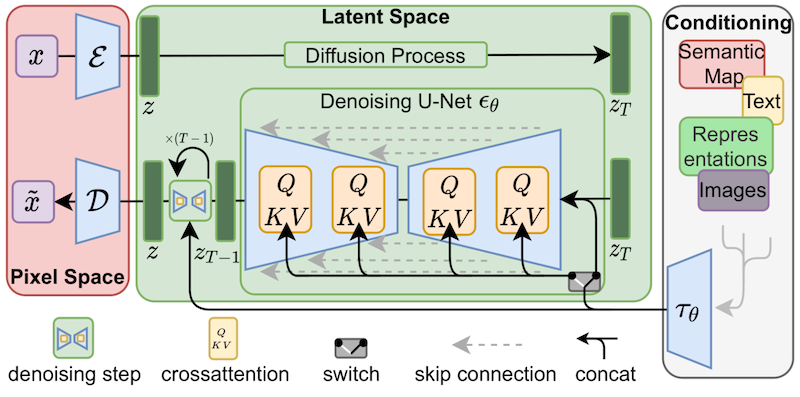Description
It is a ViT model that has been fine-tuned on a Stable Diffusion 2.0 image dataset and applied LORA.
It produces optimal results in a reasonable time. Moreover, its implementation with Pytorch is straightforward.

- Reference: https://huggingface.co/blog/lora
Usage
# Libraries
from transformers import ViTFeatureExtractor, AutoTokenizer, VisionEncoderDecoderModel
# Model
model_id = "nttdataspain/vit-gpt2-stablediffusion2-lora"
model = VisionEncoderDecoderModel.from_pretrained(model_id)
tokenizer = AutoTokenizer.from_pretrained(model_id)
feature_extractor = ViTFeatureExtractor.from_pretrained(model_id)
# Predict function
def predict_prompts(list_images, max_length=16):
model.eval()
pixel_values = feature_extractor(images=list_images, return_tensors="pt").pixel_values
with torch.no_grad():
output_ids = model.generate(pixel_values, max_length=max_length, num_beams=4, return_dict_in_generate=True).sequences
preds = tokenizer.batch_decode(output_ids, skip_special_tokens=True)
preds = [pred.strip() for pred in preds]
return preds
# Get an image and predict
img = Image.open(image_path).convert('RGB')
pred_prompts = predict_prompts([img], max_length=16)
- Downloads last month
- 59
Inference Providers
NEW
This model is not currently available via any of the supported Inference Providers.